Introduction
Discover the best Teachable alternatives for 2024! If you’re exploring options beyond Teachable, you’re not alone. While Teachable is a popular platform for creating and selling online courses, it may not meet every creator’s unique needs. Whether you’re seeking additional features, more competitive pricing, or different integrations, several compelling alternatives are available. In this guide, we’ll delve into the top Teachable alternatives for this year, comparing their features, benefits, and pricing to help you find the perfect platform for your online course journey.
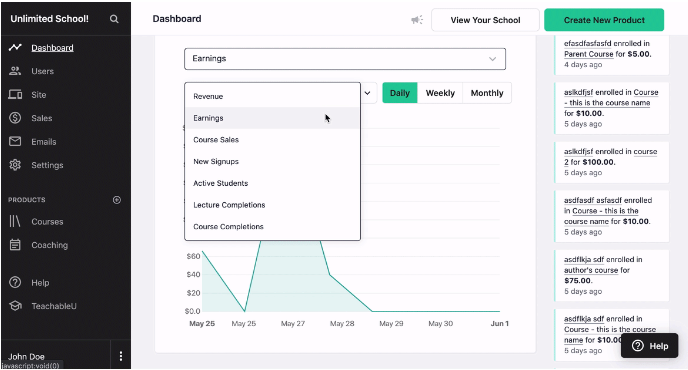
Table of Contents
Why Consider Teachable Alternatives?
Feature Limitations
Teachable might not offer all the features you need.
Cost
You may find more cost-effective solutions.
Integration Needs
Different platforms offer varying integrations.
Customization
Some users require more design flexibility.
Top Teachable Alternatives in 2024
1. Thinkific
Overview: Thinkific is a robust platform with a user-friendly interface.

Key Features
- Drag-and-drop course builder
- Multiple pricing options
- Advanced analytics and reporting
- Integrated email marketing tools

Pros
- No transaction fees on paid plans
- Comprehensive course creation tools
- Strong customer support
Cons
- Free plan has limited features
- Advanced customization may require coding knowledge
Best For: Users seeking a flexible, feature-rich platform.
2. Kajabi
Overview: Kajabi offers an all-in-one solution for course creation, marketing, and sales.

Key Features
- Integrated website builder
- Advanced marketing automation
- Comprehensive analytics
- Membership and subscription options
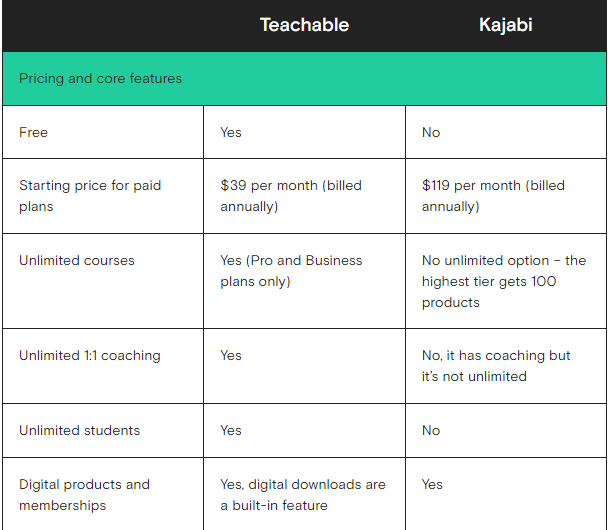
Pros
- Strong marketing and sales tools
- User-friendly interface
- Excellent customer support
Cons
- Higher price point
- Limited to Kajabi’s ecosystem for some features
Best For: Users needing an all-in-one solution.
3. Udemy
Overview: Udemy is a popular marketplace for publishing and selling online courses.
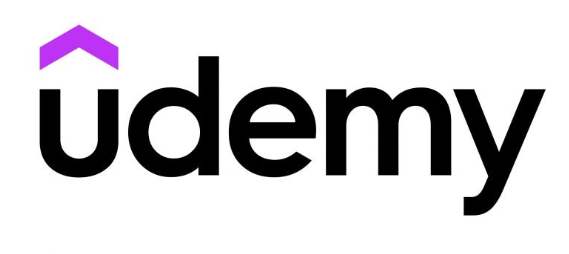
Key Features
- Massive user base
- Course creation tools
- Revenue sharing model
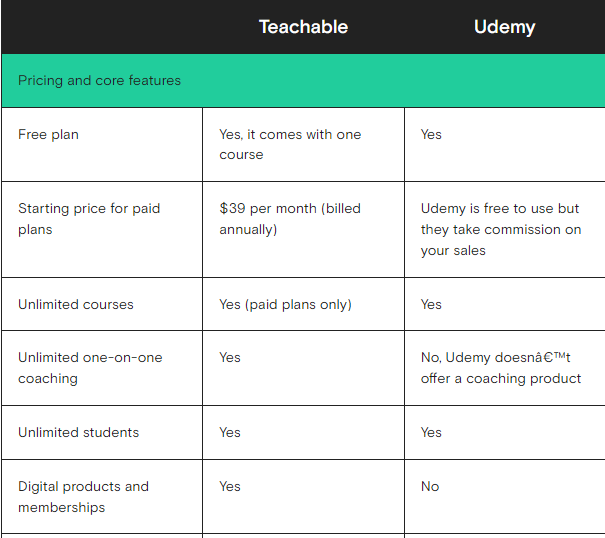
Pros
- Access to a large audience
- Easy-to-use course creation tools
- No upfront costs for publishing
Cons
- Significant commission on sales
- Limited control over pricing and marketing
Best For: Instructors who want to leverage an existing marketplace.
4. Podia
Overview: Podia is known for its simplicity and ease of use.
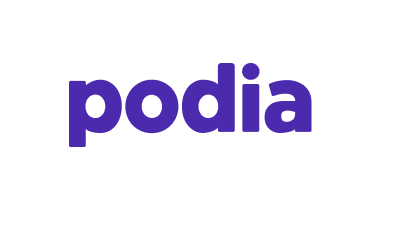
Key Features
- Easy-to-use course builder
- Membership and subscription options
- Email marketing tools
- Digital product sales
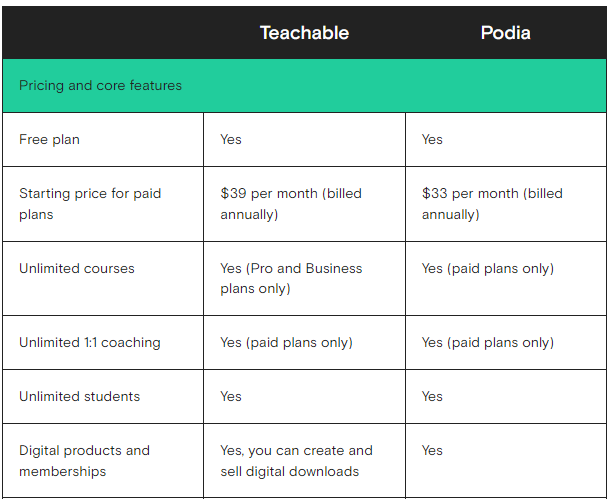
Pros
- No transaction fees
- Simple interface with essential features
- Affordable pricing
Cons
- Limited advanced features
- Fewer integrations
Best For: Users seeking a straightforward platform.
5. Ruzuku
Overview: Ruzuku focuses on simplicity and ease of use.

Key Features
- Easy-to-use course builder
- Interactive elements like quizzes and assignments
- Basic marketing tools
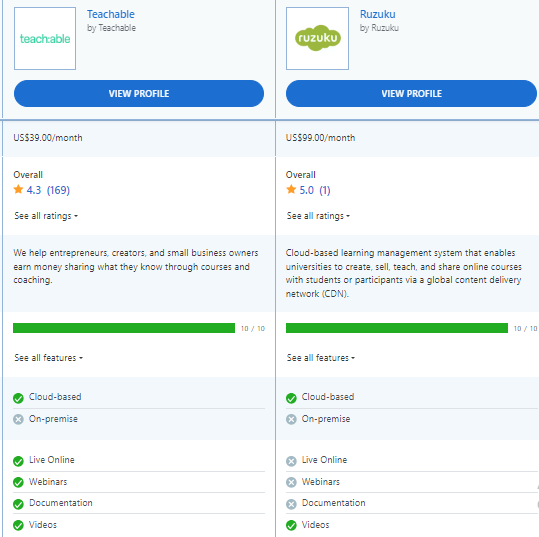
Pros
- Simple and intuitive interface
- Affordable pricing
- Good support for interactive content
Cons
- Limited advanced features
- Fewer customization options
Best For: Beginners or those who want a simple platform.
6. LearnWorlds
Overview: LearnWorlds offers extensive customization options and interactive features.

Key Features
- Advanced course creation tools
- Interactive video features
- Detailed analytics and reporting
- Multiple pricing options
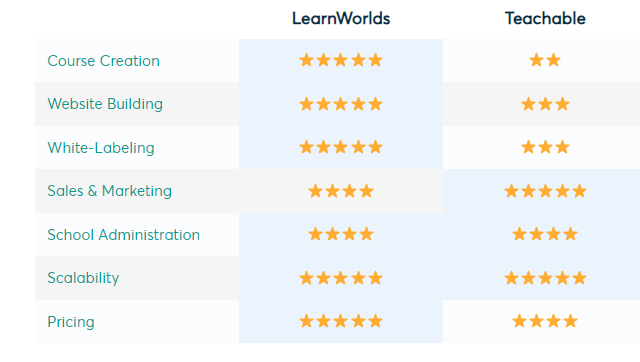
Pros
- Highly customizable
- Rich interactive features
- Comprehensive analytics
Cons
- Steeper learning curve
- Higher pricing tiers for advanced features
Best For: Users wanting advanced features and customization.
7. MemberPress
Overview: MemberPress is a WordPress plugin for creating and managing membership sites.
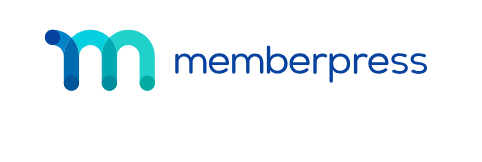
Key Features
- Integration with WordPress
- Membership and subscription management
- Advanced access control
- Powerful content protection
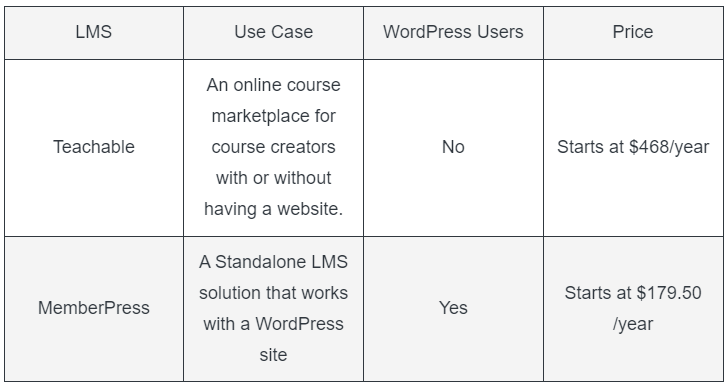
Pros
- Seamless WordPress integration
- Robust membership features
- Flexible content protection
Cons
- Requires a WordPress site
- Can be complex to set up
Best For: Users preferring WordPress with advanced membership features.
Comparing Teachable Alternatives
Features and Functionality
Evaluate which platform’s features align with your course creation needs.
Pricing
Consider platforms with affordable pricing and no transaction fees.
Ease of Use
Choose a platform with a user-friendly interface.
Support and Resources
Look for platforms with good customer support and resources.
Customization
Assess platforms based on their customization options.
Conclusion
Exploring Teachable alternatives can help you find the best platform for your online courses. Each platform has unique strengths, so choose one that aligns with your needs and goals. Try out free trials, evaluate the features, and make an informed decision to enhance your course creation and sales.
Ready to explore these alternatives? Find the right platform and take your online courses to the next level!
4o mini





